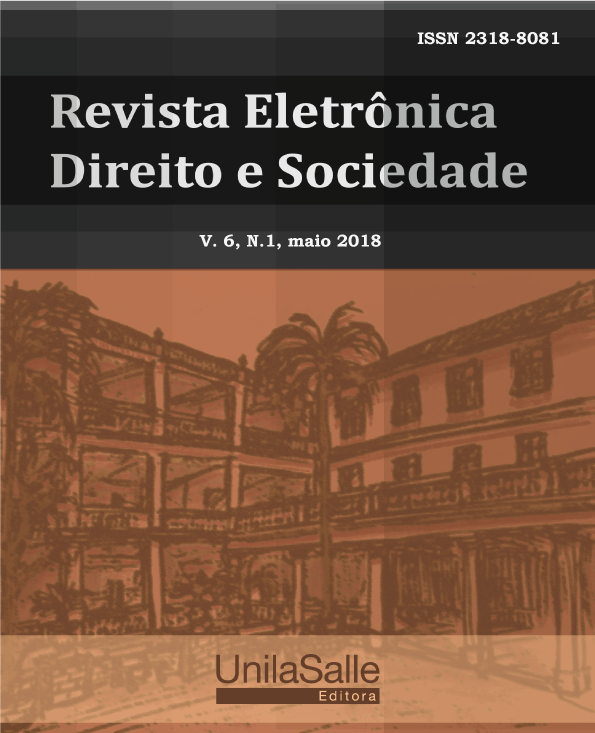Representativeness crisis and neopopulism: a regression to human rights
DOI:
https://doi.org/10.18316/redes.v6i1.3995Keywords:
Human Rights, Representative Democracy, Populism, Politcs.Abstract
The emergence of the Modern State and democracy as a form of government changed the relationship between sovereigns and subjects throughout the Western world. However, even in representative democracy the existence of a political elite, which remains in power after several electoral periods, is clear. Through an inductive methodology, using a bibliographical-documentary research, it was possible to understand how one of the many strategies this elite uses to stay in power, mainly after the re-democratization: populism. The question that this paper intends to answer is: is neopopulism a human rights risk? It is concluded that these strategies for the maintenance of political power lead, if not into an impairment, at least into a limitation of human rights and their legal understanding.
Downloads
Published
Issue
Section
License
Authors who submit their manuscripts for publication in the “REDES” Magazine agree to the following terms:
The authors claim to be aware that they retain copyright by giving “REDES” the right to publish.
The authors declare to be aware that the work submitted will be licensed under the Creative Commons Non-Commercial Attribution License which allows article sharing with acknowledgment of authorship and publication in this journal.
The authors declare to be aware that by virtue of the articles published in this journal have free public access.
The authors declare, under the penalty of the law, that the text is unpublished and original and that they are aware that plagiarism has been identified, plagiarized authors will be informed - willingly, to take legal action in the civil and criminal sphere - and, plagiarists will have their access to the magazine blocked.
The authors state that - in case of co-authoring - all contributed significantly to the research.
Authors are obliged to provide retractions and (or) corrections of errors in case of detection.
The authors are obliged not to publish the text submitted to “REDES” in another electronic journal (or not).
The Electronic Journal Law and Society - REDES - is licensed under a Creative Commons License. Attribution-NonCommercial 4.0 International.Based on work available at "http://revistas.unilasalle.edu.br/index.php/redes/about/submissions#copyrightNotice".
Permissions in addition to those granted under this license may be available at http://creativecommons.org/.

